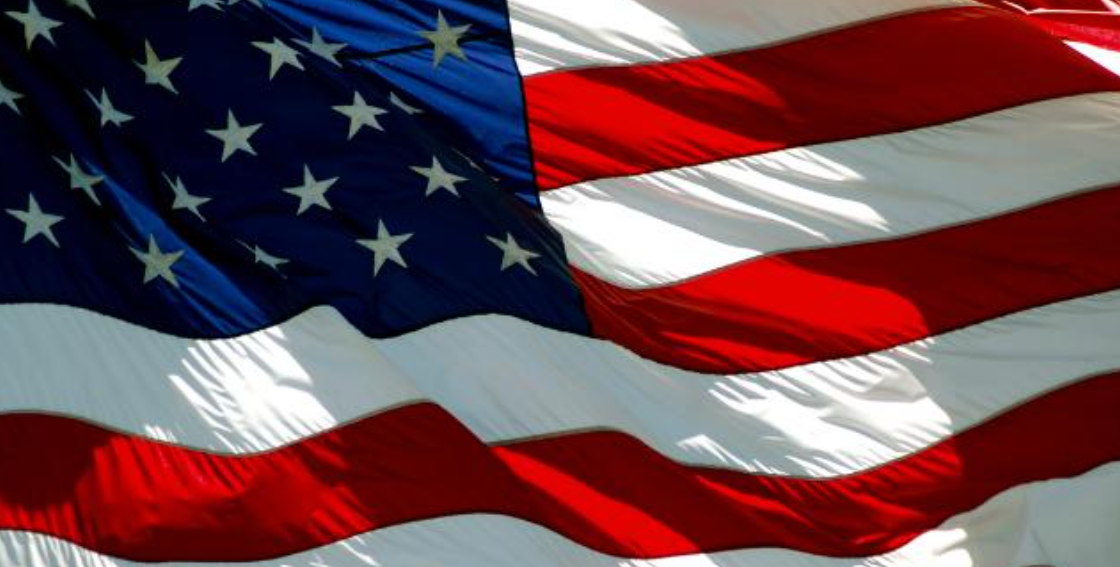This article first appeared at betting.betfair.com on 30th July, 2022.
With the Tory leadership race waning as a competitive betting heat, this is the ideal time to switch focus to the political betting event most thought would be the biggest of 2022. The US mid-term elections.
On November 8th, the entire country will vote in the 435 districts that comprise the House of Representatives. In addition, 35 of the 50 states will elect Senators, amounting to slightly more than a third of the 100-strong US Senate.
Going in, Democrats hold the former by a 222-213 margin and control the Senate, despite the parties being tied 50-50, thanks to the casting vote of Vice President Harris.
Historically, these mid-terms favour the opposition party (as opposed to the party of the sitting President). Simply because it is easier to motivate an opposition. For the Democrats, this trend is even worse, because their voters are invariably younger, poorer, more diverse and less likely to be registered. Not since the 1970s has a Democrat president enjoyed a mid-term victory.
With President Biden languishing with sub-40% approval ratings, the betting signals have strongly pointed to the same trend since 2020. Republicans were backed down to [1.21] – implying an 83% likelihood – to gain a majority in the Senate, and [1.07] (94%) for the House of Representatives.
The trend, however, is turning quite dramatically. Today’s odds for those two targets are [1.87] and [1.16] respectively. So how does that compare with polling and prediction models?
For now, let’s just stick with fivethirtyeight.com. Their model still rates the Republicans 83% likely to win the House but their Senate forecast is notably at odds with the betting. They rate the Democrats favourites, at 56% likely to win, with either 51 or 52 seats the likeliest outcome.
Two crucial factors explain the difference. First, Senate races attract high turnout so that historic motivation gap is less relevant in 35 states, but may well apply to the other 15. Second, the districts are constantly reviewed by partisan state authorities and are largely gerrymandered. They do not accurately reflect the ‘national picture’.
Therefore it remains likely the Republicans will indeed regain the House. Nearer the time, I’ll look into those races in further detail but for now, focus on the Senate races and what I regard a tremendous betting angle. Indeed, long-term readers may remember profiting from it in 2020.
Betfair’s Senate Majority market has three options – Republican/Democrat/No Majority. The last-named is inclined to be over-priced, thanks to the rules. See below.
The Democrat total of 50 includes two of these ‘independents’ – Bernie Sanders and Angus King. Neither are up for re-election this year.
I’ll have a blog update over the weekend and a full piece out next week.
The one bet I like is 3.65 about No Senate Majority on BF — Political Gambler (@paulmotty) July 29, 2022
Therefore, they would need three gains to win a majority. If they win 50, 51 or 52, that amounts to ‘No Majority’. That’s currently [3.4] chance, shorter than when tipped on Twitter earlier, but still a great bet in my view. I’d say anything above [2.4] represents value.
For once we look at the Senate seats that are actually in play, the Democrats have a very high chance of finishing within that 50-52 band. Perhaps even higher than 50%. See here for the full list, with ratings from eight different forecasters.
For our calculations, we can safely ignore states deemed ‘safe’ or ‘solid’ for either party. 24 fall into that category. Another four are rated ‘likely’, leaving seven realistically in-play. (I’m happy to trust these ratings, as the US electorate is deeply polarised and therefore relatively predictable).
Here are those seven races, the party of their current Senator, and the betting favourite.
ARIZONA – Democrat – Democrat
GEORGIA – Democrat – Democrat
NEVADA – Democrat – Tied
NEW HAMPSHIRE – Democrat – Democrat
NORTH CAROLINA – Republican – Republican
PENNSYLVANIA – Republican – Democrat
WISCONSIN – Republican – Republican
Note that betting markets have an extraordinarily good record in state races, whether mid-terms or presidential elections. Upsets are extremely rare. 49 of 50 were correct in 2020.
